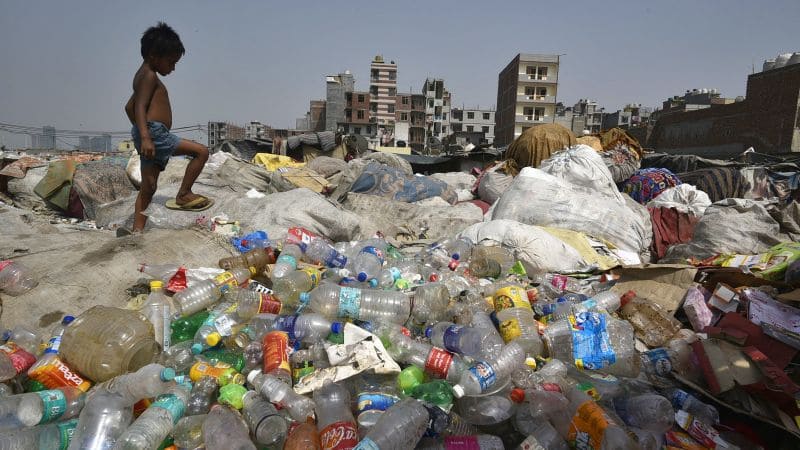
A trend has been slowly picking up pace in the past couple of years in India, and unlike most fads that usually encourage consumerism (like hauls from fast fashion outlets) this one, surprisingly, preaches the opposite— a zero waste lifestyle. From Youtubers like Nayana Premnath talking about their zero waste practices to zero waste organic stores popping up around the country (like Adrish) it seems as though time in lockdown has encouraged the public to contemplate their impact on the planet. A zero waste lifestyle is pretty self- explanatory. Those following it make changes to their lifestyle that result in minimal waste creation— some followers of this ethos are so effective that they end up accumulating only a jarful of garbage over the span of a couple years. This is achieved by following the Rs of the environment very closely: reduce, reuse, and recycle, which basically involves reducing consumption, especially of non-biodegradable synthetic materials, reusing items already in one’s possession, and recycling materials like aluminium for example, so that they can be used again. Composting is also a common way of managing biodegradable waste, which promotes growth of one’s own plants and vegetables. Coming up with ways to use eco-friendly options for situations that often use plastics or use-and-throw items is a big part of the zero waste lifestyle. One doesn’t have to look too hard to realise that India faces a grave waste management issue. The roadsides in India’s major cities reveal heaps of fly-infested garbage, or piles of burning waste, even though waste-burning has been banned due to an increase in air pollution. The statistics confirm this — according to the United Nations Development Programme, only one fourth of the 15 million tonnes of plastic waste generated in India every year gets recycled. Following a zero waste lifestyle in this scenario is a great way to reduce individual impact on the current generation of waste in the country. To follow the zero waste lifestyle, many have chosen to return to more traditional ways of living, like using steel boxes to pack food instead of ordering takeout. There are also up and coming shops like Brand Zero that aim to support those following a zero waste lifestyle with their biodegradable alternatives to common plastic items used around the house, like dish scrubs and toothbrushes. These ways of living, combined with tips and tricks shared by influencers online, make this lifestyle more viable for an Indian popu- lation. However, there is still an issue of accessibility as only the affluent have the means to make the switch to all natural products — biodegradable alternatives to common plastic items have not yet penetrated the offline markets. While it is always good to try and reduce one’s carbon footprint at an individual level, real change cannot be achieved unless large entities that produce waste also take up the zero-waste ethos. 100 companies are responsible for 71% of global emissions, which means that for a sizeable impact to be made on the environment, it is necessary for these major polluters to change their ways. At the end of the day, contributing to the green movement by following a zero waste lifestyle is a noble act, but to achieve real change, quickly, the public must influence major corporations to do the same.
10 Jan 2022
Shruti Menon